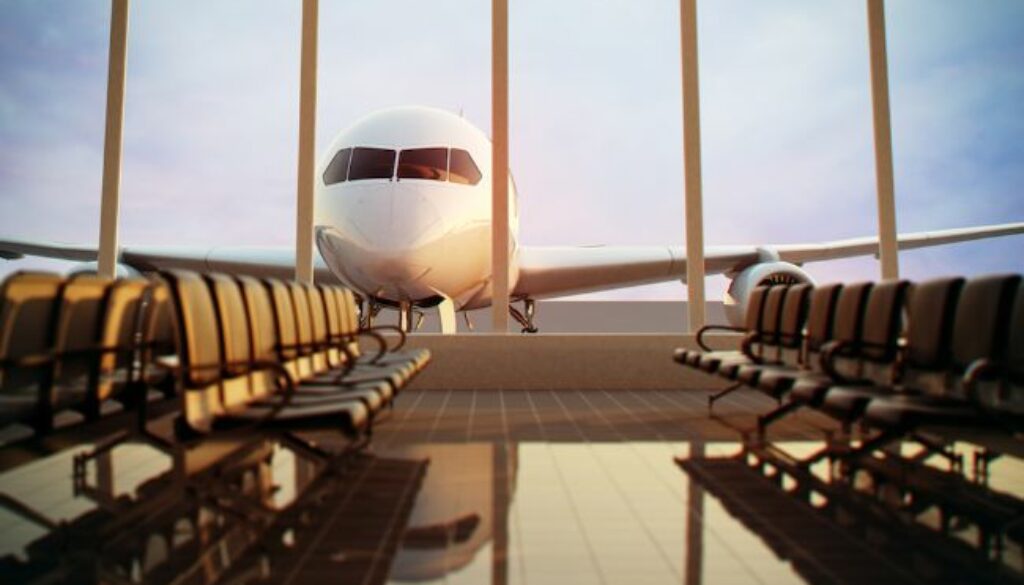Tips For Dealing With IBS On Vacation
Travel should be an adventure, full of new experiences and exploration. But for those with irritable bowel syndrome (IBS), even a simple road trip takes on a completely different connotation.
Stomach cramping, abdominal bloating, and diarrhea can cause IBS sufferers to spend more time searching for a bathroom than enjoying the scenery. The International Foundation for Functional Gastrointestinal Disorders (IFFGD) provides some useful information and travel tips for travelers who have IBS.
SYMPTOMS OF IRRITABLE BOWEL SYNDROME
Irritable bowel syndrome is a very common intestinal disorder that causes pain, cramping, bloating and gassiness. Those with IBS also have changes in bowel habits, ranging from constipation to diarrhea. They may also have loose stools and frequently have an urgent need to go to the bathroom.
Between 25 and 45 million Americans are affected by IBS, and most of them are under the age of 50. And did you know . . . approximately 2 in 3 IBS sufferers are women? While IBS is not caused by stress, symptoms can range in severity from mildly annoying to extremely debilitating. While treatment is available, not all treatment is effective for everyone.
TIPS FOR DEALING WITH IBS WHILE TRAVELING
- Be sure to have an updated list of all medications and take enough medication for not only vacation, but to account for any unexpected delays or flight cancellations.
- If flying, keep the medication in a carry-on bag (along with an extra change of clothes) in case your luggage is lost or missing.
- If you have a choice, make the journey by car, which makes it easier to stop when necessary.
- When booking a hotel, make sure that several rooms do not share one bathroom.
- Carry a “survival kit.” This can be a backpack or large purse with a change of clothes and extra tissue paper.
- Be aware that in many foreign countries, public toilets may not be easily available. In some countries, public toilets are pay-per-use toilets—so it is important to have change on hand.
- Have your physician’s contact information available—and be sure your cell phone can make international calls in case you need to contact him or her.
- Let your travel companion(s) know ahead of time about your IBS so that they can plan ahead.
- Flexibility is key—be sure to allow extra time to arrive at certain areas, and realize that some plans may need to be changed at the last minute.
- Avoid foods that may make IBS symptoms worse.
- If traveling by airplane, request to be seated near the restroom, and when possible, get the aisle seat so you can enter and exit easily.
- Do not use an overseas vacation as the opportunity to try some new and exotic food. Stick to what you are comfortable with.
- If traveling to a foreign country, learn how to say “Where is the bathroom?” in the native language. A basic translator app or simple guidebook can easily provide this information.
While it can be embarrassing to talk about IBS, know that it is a very common problem. If you suspect you may have IBS or are having difficulty managing your IBS, speak with your physician. For additional information, the IFFGD offers a FREE mobile app called IBS Info. This can provide insight into managing IBS.




